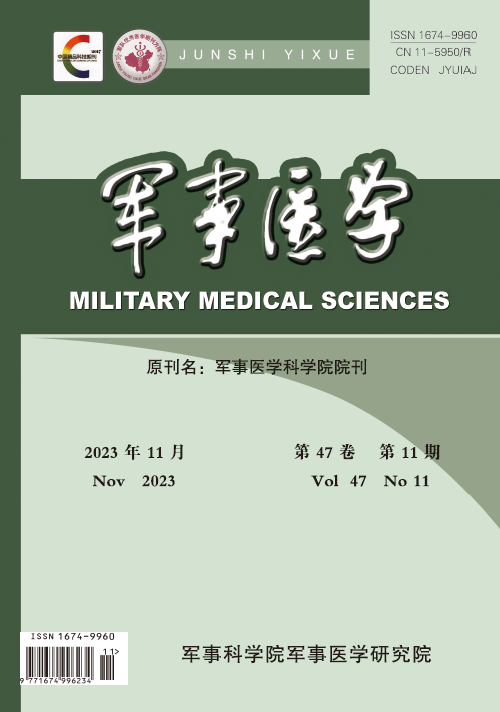Original articles
DONG Lili, SUN Yanhui, LIU Aihong, ZHANG Wendan, YU Renwen, JIAO Juan, CHEN Ruxue, LIU Change
Objective To investigate the nutritional status of soldiers and changes during military training in the desert of northern China in order to provide evidence for proper diets, improve the overall nutritional level of soldiers and keep them healthy. Methods A total of 36 young and middle-aged technical soldiers who were trained in the desert in northern China were selected as the subjects. A diet survey and medical physical examination were conducted for six consecutive days before and after the training. The dietary nutrition and physical condition of these soldiers were investigated using the GJB1636A—2016 weighing method and physical examination method. Dietary quality was evaluated according to GJB826B—2010 and GJB823B—2016. The standard attached to the grip apparatus was used to evaluate grip strength. Fasting whole blood of the subjects was collected for detection of blood indexes. Results During military training in the desert of northern China, the intakes of grains, poultry meat, fish and shrimp, milk, sucrose, vegetable oil and edible fungi were inadequate while the intakes of livestock meat, poultry eggs and fruits were excessive. There were no intakes of soybeans or dried vegetables at all. After military training, physical examinations showed no significant changes in their body weight, body mass index (BMI), body fat percentage, waist circumference, waist-to-hip ratio or left/right hand grip strength. Blood indexes showed that triglyceride, total protein, chlorine, blood glucose, hemoglobin, erythrocytes and PCV increased significantly after training, while the other indexes did not. The level of 25-vitamin D3 in serum also increased significantly after training. Conclusion The main problem with nutritional status of soldiers in the desert of northern China is unbalanced intake of nutrients, which is caused by irrational dietary structure and undesirable eating habits. It is recommended that nutrition and health intervention be carried out to improve the nutritional level of these troops.
